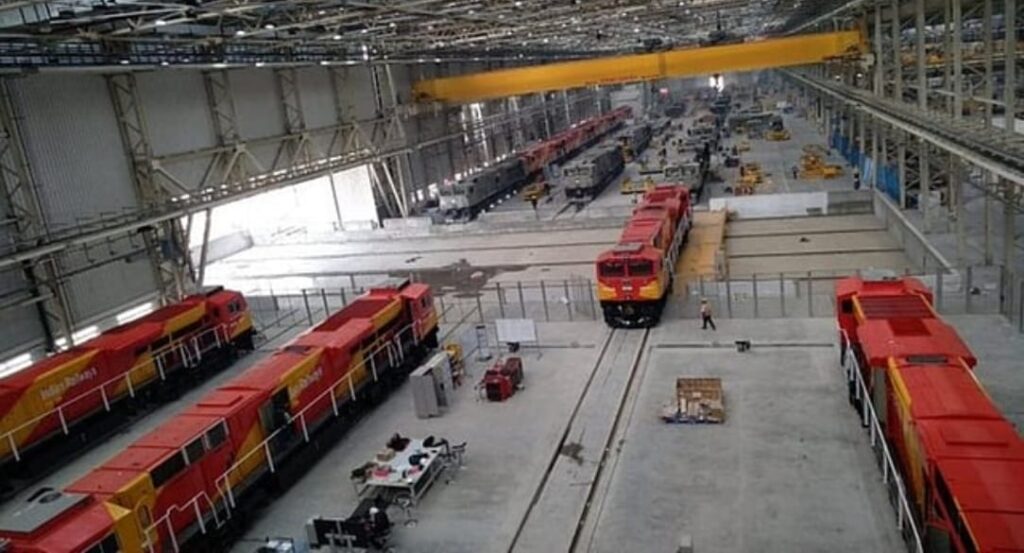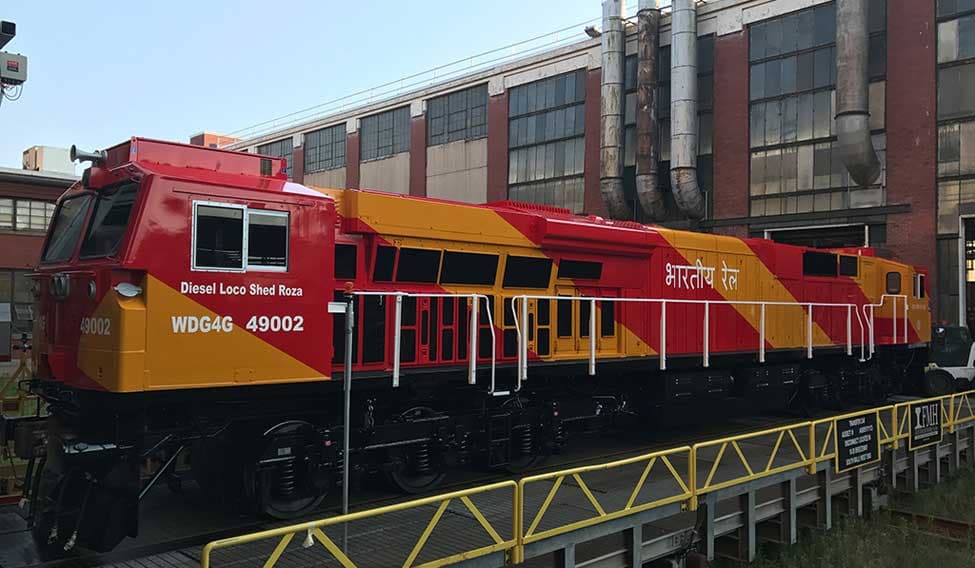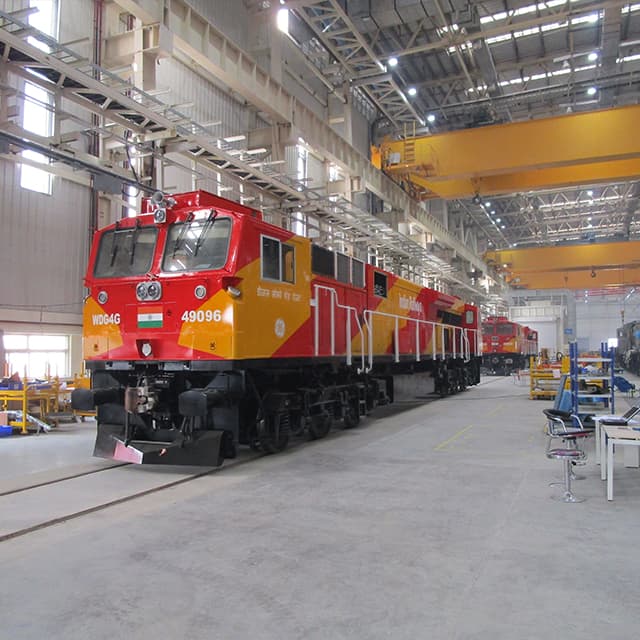From Freedom Struggle to Freight Engines: What’s Inside the Africa-Bound Locomotives Made in Bihar’s Marhaura?

Patna: Once etched into the annals of India’s freedom movement, the quiet town of Marhaura in Bihar’s Saran district is now scripting a bold new industrial story—one that stretches from rural India to the railroads of West Africa.
On June 20, Prime Minister Narendra Modi will flag off a consignment of diesel locomotives manufactured at the Webtech Diesel Locomotive Factory in Marhaura, bound for the African nation of Guinea. For the first time, locomotives built in a state of India will be exported directly to the global market—marking a historic turning point not only for Bihar but for the country’s manufacturing ambitions.
Make in Bihar, Make for the World
Established in 2018 as a joint venture between Webtech Inc. and Indian Railways, the Marhaura plant is a powerful symbol of the government’s twin visions: Make in India and a Developed Bihar. Webtech holds a 76% stake in the venture, with Indian Railways owning the remaining 24%.
Since its inception, the plant has produced 729 high-powered diesel engines, including 545 units of 4,500 horsepower and 184 units of 6,000 horsepower. What began as a national initiative to revitalise railway infrastructure is now poised to transform Bihar into a global locomotive manufacturing hub.
With export deals now in the pipeline, the plant’s capacity is expected to grow substantially—reflecting India’s rising stature in global industrial supply chains.
Africa Calling: A Rs 3,000 Crore Milestone

A key moment came on May 26, 2025, when a delegation of ministers from Guinea and South Africa toured the plant. Following the visit, a Rs 3,000 crore agreement for the supply of 140 locomotives was sealed. The project, dubbed “KOMO”, represents not just a commercial milestone but a symbolic shift in how India—and Bihar—participates in the global economy.
For Marhaura, it is more than just a factory contract; it’s a diplomatic and economic leap. For India, it signals a new era of exports in heavy engineering. As the engines roll out of the facility later this week, they will carry with them the weight of ambition—and the hope of industrial revival in regions long overlooked.
From Local to Global: Employment and Supply Chains
Spread across 226 acres, the factory is not only manufacturing locomotives but also fuelling local employment and industry. About 40-50% of parts are sourced from across India—Maharashtra, Karnataka, Tamil Nadu, Delhi, and Jamshedpur—while some specialised components are still imported from the United States. But with increasing international orders and a growing demand for global-standard gauge engines, the plant is pushing ahead with capacity expansion.
This shift from “local” to “global” is also restructuring supply chains in Bihar, positioning the state as a key player in India’s industrial resurgence.
Industrial Bihar: A Dream Taking Shape

For decades, Bihar has grappled with an image problem—seen more for its migration and underdevelopment than for its manufacturing potential. That narrative is now being challenged head-on. Marhaura’s locomotive factory is not just a manufacturing unit; it is a milestone in the industrial rebirth of Bihar.
This project is expected to generate technical employment, foster a robust supplier ecosystem, and attract infrastructure investment to the state. It is also aligned with Chief Minister Nitish Kumar’s long-standing goal of placing Bihar firmly on the country’s industrial map.
Engines of Change
As the factory’s diesel engines prepare to traverse African railways, they carry a profound message: India is not just making for itself, but for the world—and Bihar is no longer waiting in the wings.
From the trenches of anti-colonial resistance to the frontier of global rail exports, Marhaura’s journey embodies the enduring spirit of transformation. This is not merely about trains; it is about ambition, infrastructure, and a state ready to rewrite its destiny—one locomotive at a time.





